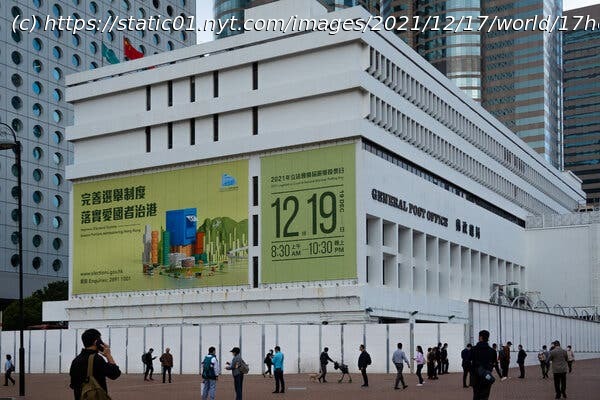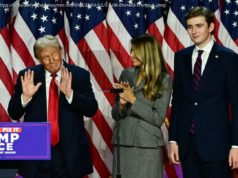China’s crackdown has driven most of the city’s popular pro-democracy candidates either into police custody or exile. Officials are urging the public to vote, but turnout is expected to be low.
On the surface, Hong Kong’s legislative election on Sunday is like any such poll the city has held, but its differences are stark. This time, candidates have been vetted by national security bodies. Several people have been arrested after calling for a boycott. Dozens of veteran pro-democracy figures, either in jail or in exile, are absent from the campaign trail. The election will be the first since Beijing imposed a drastic overhaul of the political system to allow only “patriots” to run, tightening the governing Communist Party’s grip over the territory and leaving space only for the barest semblance of an opposition. While the rules of Hong Kong’s elections were always in favor of Beijing’s allies, the new system eliminates even the slightest uncertainty of previous campaigns, and the establishment’s near-total control of the legislature is now guaranteed. Still, the government is sparing no effort to show that the election is legitimate, even threatening foreign newspapers that suggest otherwise. Officials have exhorted voters to show up, but polls suggest that turnout could sink to a record low. The last time Hong Kong held an election, the pro-democracy camp won a stunning victory, taking nearly 90 percent of the seats in the November 2019 vote for district councils. The vote, after months of antigovernment street protests, was a dramatic rebuke of Beijing’s authority. The Communist Party has been determined not to see a repeat. In January, the police arrested dozens of Hong Kong’s most well-known democracy advocates, saying their election platform amounted to a subversive plot against the government. Fourteen have been granted bail, but 33 remain in custody awaiting a trial that is not expected to begin until the second half of next year. Other opposition politicians have gone into exile, fearing arrest. Those who have remained in the city’s pro-democracy parties were not participating in Sunday’s election. Some said they did not want to lend legitimacy to the process. The Democratic Party, the largest opposition group, said its members had no enthusiasm to run. Only a few of all the candidates running this year have described themselves as “pro-democracy,” and they share one thing in common: They observe Beijing’s red lines.






